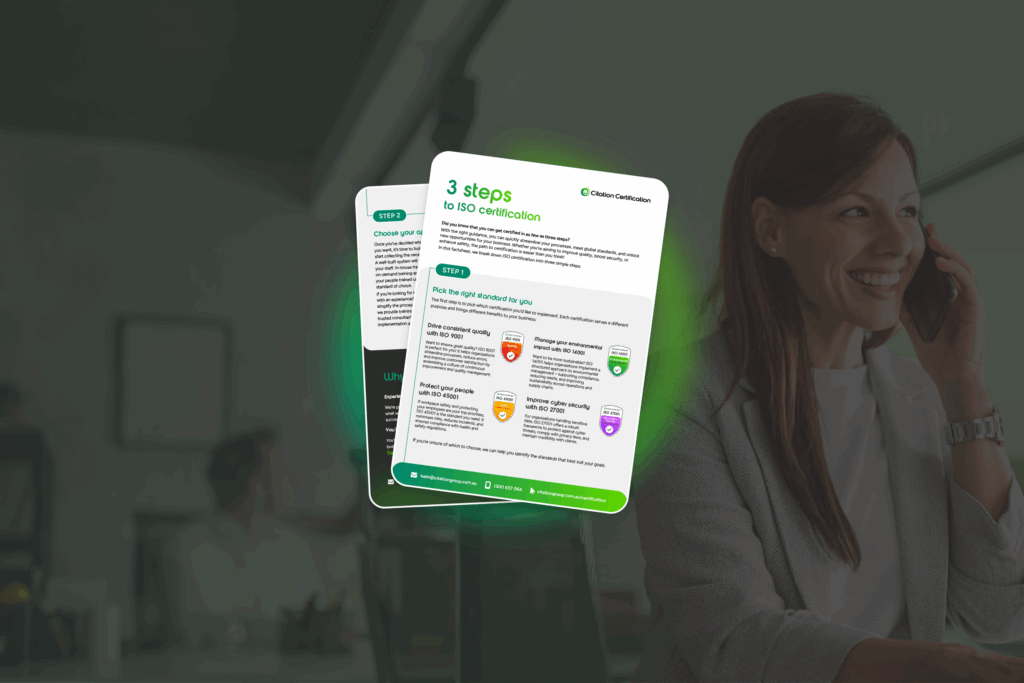
A pair of Adelaide restaurant operators have been hit with a $802,000 penalty and back payments following a serious case of worker exploitation involving young migrant employees. The Fair Work Ombudsman (FWO) uncovered systemic wage theft and misconduct at two Vietnamese eateries run by a husband-and-wife duo, including coercing staff to spend their own money on items such as bubble tea for their employers.
Here, our experts explain how these serious contraventions came to light, the case details, and why compliance isn’t an option for businesses; it’s a must.
The details of the case: what happened?
The Federal Court of Australia (Court) has ruled that Mr Viet Quoc Mai (Mr Mai), the owner of the ‘Mr Viet’ restaurant in Rundle Mall and another outlet in Adelaide’s Chinatown, must repay $407,546 to 36 underpaid employees. This amount includes back wages, interest, and superannuation. Additionally, Mr Mai was fined $265,000, while his wife and business partner, Ms Huong Le (Ms Le), who oversaw the management of the restaurants, was penalised $130,000 for her role in the contraventions.
The penalties imposed by the Court result from a broad range of unlawful activities that occurred between January 2018 and September 2021. This involved:
- failing to pay minimum wages;
- not remunerating correctly for overtime, weekend, and public holiday work;
- failing to allow meal breaks;
- making improper wage deductions; and
- submitting falsified documents to Fair Work Inspectors.
Most of the affected workers were Vietnamese international students under the age of 25, employed casually in roles such as kitchen hands, waitstaff, and customer service. Five of the workers were aged just 18 to 20 at the time. Individual underpayments ranged from $75 to $58,592, with workers being paid as little as $15 per hour, well below lawful award rates under the Restaurant Industry Award 2020 and Fast Food Industry Award 2020.
Among the more disturbing practices uncovered was a punitive strike board system used to discipline staff for workplace mistakes. After receiving six strikes, employees were ordered to purchase food or drinks, including bubble tea, for Mr Mai, Ms Le, or other workers. In one instance, an employee was made to buy bubble tea on two separate days in October 2020. In another, a worker was forced to transfer over $50 directly to Ms Le’s personal bank account for similar purchases.
Mr Mai sought to mislead Fair Work Inspectors by fabricating pay records and providing false information during their investigation. In a notably serious incident, he gave a worker $10,000 under the guise of a back payment, then promptly demanded the full amount be returned in cash. The Court characterised this behaviour as a “calculated and dishonest course of conduct” and said that Mr Mai repeatedly instructed employees to lie about their wages to Fair Work Inspectors and provided falsified documents to cover up breaches, demonstrating a deliberate and ongoing attempt to obstruct the investigation. The Court said Mr Mai’s actions reflected someone willing to act dishonestly for personal gain and emphasised the need for specific deterrence in this case.
Serious contraventions will incur severe financial penalties
“The power imbalance was stark,” Justice Stephen McDonald said, noting the workers’ limited English skills and precarious visa status. Justice McDonald confirmed that Mr Mai’s actions constituted an exploitation of the employer-employee relationship, particularly targeting vulnerable migrant workers.
The Court found that many of the breaches qualified as serious contraventions under laws that protect vulnerable workers, meaning the penalties were subject to a tenfold increase due to the intentional and systematic nature of the misconduct.
This case is a stark reminder of the consequences for employers who exploit vulnerable workers.
From 2017 to June 2024, the FWO initiated 146 legal actions involving visa workers, leading to almost $23 million in court-ordered penalties.
Wage theft is a criminal offence, and prevention is better than the consequences
Implementing robust and reliable payroll systems has become paramount for employers to ensure compliance with evolving Australian workplace laws. The introduction of wage theft laws on 1 January 2025 has made it a criminal offence to intentionally underpay employees, carrying severe penalties. Individuals found guilty may face up to 10 years’ imprisonment and fines up to $1.65 million, while companies can be fined up to $8.25 million or three times the amount of the underpayment, whichever is greater.
Employers must take proactive steps to prevent underpayment by establishing accurate payroll systems, conducting regular audits, and seeking professional advice when necessary. Failure to do so not only exposes businesses to significant legal risks but also undermines employee trust and can damage an organisation’s reputation.
Transform weak points into strengths with regular compliance audits
Preventing non-compliance when it comes to remunerating your employees isn’t just about avoiding fines or reputational damage; it’s about building a stronger, more efficient organisation. By prioritising compliance, investing in the right tools and people, and using data strategically, businesses can transform potential vulnerabilities into strengths.
To navigate these complexities, employers should invest in comprehensive payroll training for HR and payroll staff, stay informed about legislative changes, and consider implementing a payroll compliance audit, which offers a pathway to demonstrate genuine compliance efforts.
If any of this information has raised any questions about your compliance obligations and wage theft laws for your business, or if you have another workplace matter you need assistance with, please reach out to the Citation Legal team for a confidential discussion.
About our author
Brittany Byrne is a Partner and Solicitor at Citation Legal and is based in our Brisbane office. Brittany is a leading expert in providing workplace business solutions to employers in an array of industries. Using her common-sense approach to disputes and litigious matters, she has allowed her clients to achieve commercial outcomes while protecting their reputations in the marketplace.








